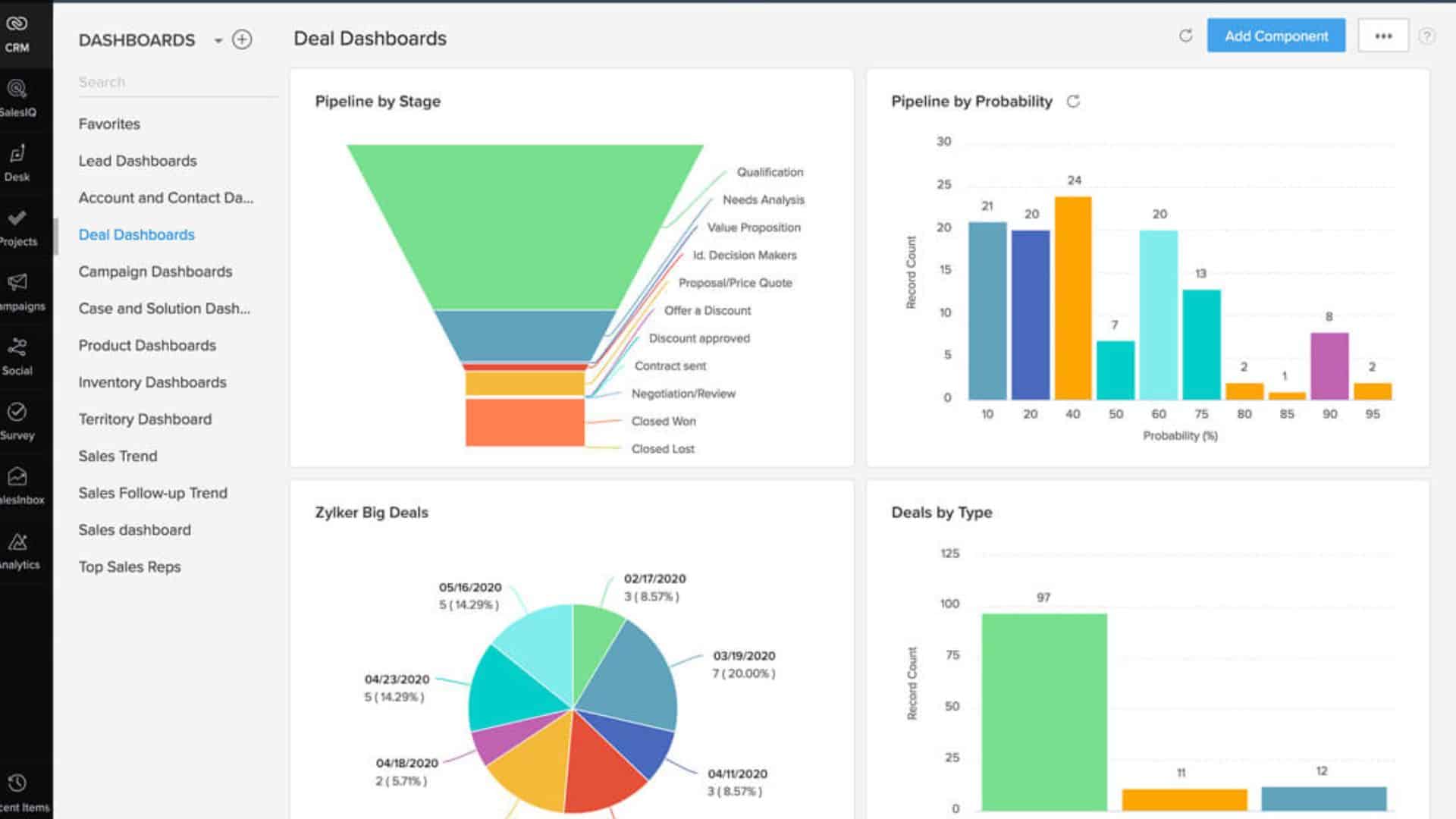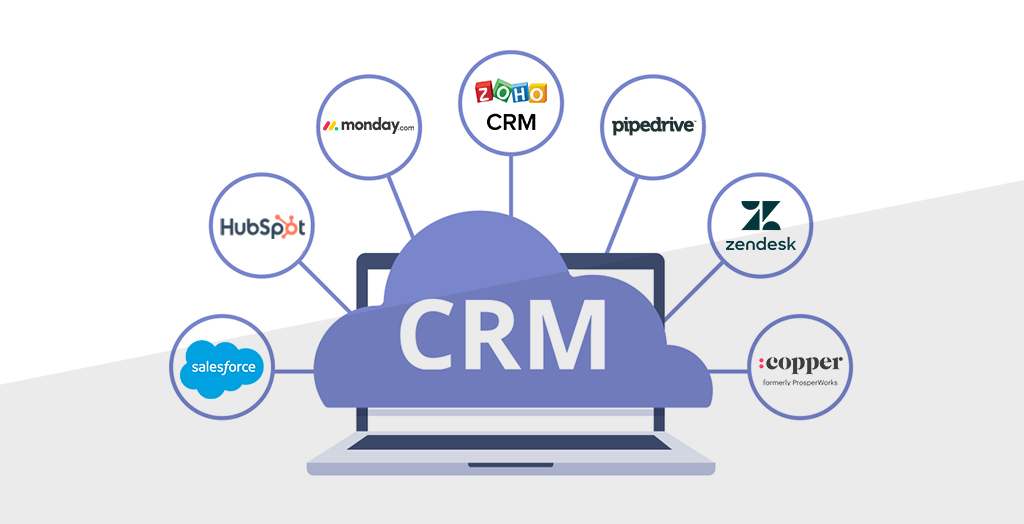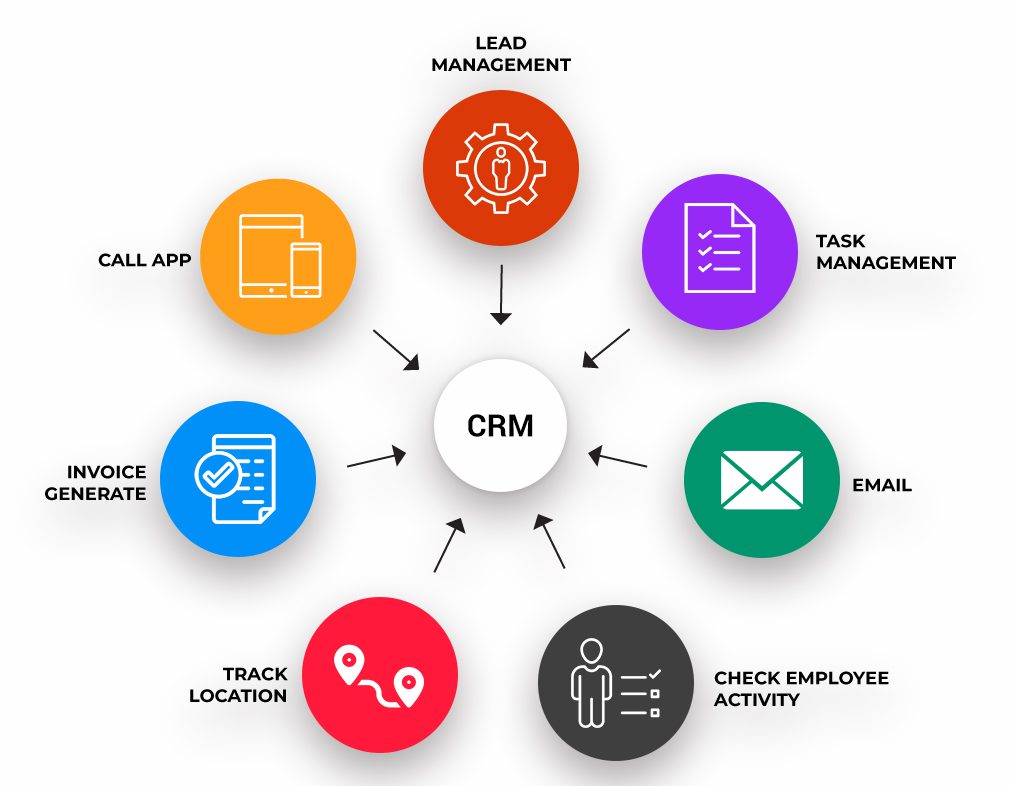Crafting CRM Platforms for Content Creators and Lifestyle Bloggers
Delve into the world of CRM platforms tailored for content creators and lifestyle bloggers, where seamless customer relationships and efficient data management take center stage. Get ready to explore the key features and benefits that drive success in the content creation and blogging realm.
Overview of CRM Platforms for Content Creators and Lifestyle Bloggers

CRM platforms, or Customer Relationship Management platforms, are essential tools for content creators and lifestyle bloggers to effectively manage their customer relationships and data. These platforms offer a centralized system for storing and organizing customer information, interactions, and preferences, allowing creators to personalize their content and communication strategies.
Key Features and Benefits of Using CRM Platforms
- Centralized Data Management: CRM platforms enable content creators and bloggers to store all customer data in one place, making it easily accessible and actionable.
- Customer Segmentation: By categorizing customers based on behavior, preferences, and demographics, CRM platforms help creators tailor their content to specific audience segments.
- Personalized Communication: With insights from CRM platforms, creators can send personalized messages, offers, and recommendations to engage customers effectively.
- Automation Capabilities: CRM platforms offer automation features for tasks like email marketing, lead nurturing, and customer follow-ups, saving time and increasing efficiency.
- Performance Tracking: Content creators can track the success of their campaigns, content, and customer interactions through analytics and reporting tools provided by CRM platforms.
Popular CRM Platforms Used by Content Creators and Lifestyle Bloggers
When it comes to managing relationships with their audience, content creators and lifestyle bloggers often turn to Customer Relationship Management (CRM) platforms to streamline their processes. Here are some of the top CRM platforms tailored for their specific needs:
1. HubSpot
HubSpot offers a user-friendly interface with features like email marketing, social media management, and analytics. It is known for its robust automation capabilities and customizable dashboards. Pricing varies based on the specific tools required.
2. Mailchimp
Mailchimp is a popular choice among content creators and bloggers for its email marketing and audience segmentation features. It offers a freemium model with paid plans for advanced functionalities like automation and A/B testing.
3. ConvertKit
ConvertKit is designed specifically for creators like writers, bloggers, and podcasters. It focuses on building relationships through personalized communication and segmenting subscribers based on their interests. Pricing is based on the number of subscribers.
4. Salesforce
Salesforce is a comprehensive CRM platform that caters to businesses of all sizes, including content creators and bloggers. It offers advanced features like lead management, workflow automation, and customizable reporting. Pricing varies based on the selected features.
5. Zoho CRM
Zoho CRM provides a wide range of tools for managing customer relationships, including email marketing, sales automation, and social media integration. It offers a free plan for up to three users, with paid options for additional features and users.
Examples of Successful Users
Many successful content creators and lifestyle bloggers have leveraged CRM platforms to enhance their businesses. For instance, fashion bloggers use CRM tools to personalize their communications with followers and track their shopping preferences. Similarly, YouTubers use CRM platforms to manage collaborations with brands and track their audience engagement.
Customization and Integration of CRM Platforms

Customizing CRM platforms is crucial for content creators and lifestyle bloggers to tailor the software to their specific needs and workflows. By customizing the CRM platform, users can enhance their productivity, improve communication with their audience, and streamline their content creation process.
Importance of Customization
Customization allows content creators and lifestyle bloggers to personalize their CRM platform to align with their branding, content strategy, and audience engagement goals. Here are some key reasons why customization is essential:
- Adapting functionalities to match unique content creation workflows.
- Creating custom fields to capture relevant data specific to the creator's needs.
- Designing personalized templates for emails and newsletters.
- Integrating social media platforms to engage with followers more effectively.
Integration with Existing Tools
Integrating CRM platforms with existing tools and software used by content creators and bloggers is vital for maintaining a seamless workflow and avoiding duplication of effort. Here are some tips for successful integration:
- Identify key tools used in content creation and audience engagement.
- Explore CRM platform integrations with popular tools such as email marketing software, social media management tools, and analytics platforms.
- Ensure data synchronization between CRM and other tools for consistent information across platforms.
- Train team members on how to use integrated tools effectively for maximum efficiency.
Setting Up and Configuring CRM Platforms
Efficient setup and configuration of CRM platforms are essential to leverage the full capabilities of the software. Here are some tips to ensure a smooth setup process:
- Define clear goals and objectives for using the CRM platform.
- Customize user roles and permissions to control access to sensitive data.
- Import existing contact lists and segment them based on relevant criteria.
- Automate routine tasks such as email follow-ups, lead scoring, and data entry to save time and increase productivity.
Data Management and Analytics with CRM Platforms
CRM platforms play a crucial role in data management, organization, and segmentation for content creators and lifestyle bloggers. These platforms help in centralizing and storing all customer data in one place, making it easier to track interactions and engagement with the audience.
Data Organization and Segmentation
CRM platforms allow content creators and bloggers to segment their audience based on various criteria such as demographics, behavior, and interests. This segmentation helps in personalizing content and targeting specific groups more effectively.
Analytics and Reporting Capabilities
- CRM platforms offer robust analytics tools to track audience engagement, conversion rates, and other important metrics.
- Content creators can generate reports to analyze the performance of their content, identify trends, and make data-driven decisions to optimize their strategy.
- These platforms provide insights into the effectiveness of different marketing campaigns and help in measuring the ROI of content creation efforts.
Leveraging CRM Data for Content Strategy
- By analyzing CRM data, content creators can understand their audience better and tailor their content to meet their preferences and needs.
- They can create targeted campaigns, personalized content, and optimize their content calendar based on the insights gained from CRM analytics.
- CRM data can also be used to track the performance of sponsored content, collaborations, and affiliate marketing efforts, enabling content creators to make informed decisions for future partnerships.
Ending Remarks

As we wrap up our discussion on CRM platforms designed for content creators and lifestyle bloggers, remember the power of personalized customization, seamless integration, and insightful analytics in elevating your content strategy and audience engagement to new heights.
FAQ Section
How can CRM platforms benefit content creators and lifestyle bloggers?
CRM platforms help in managing customer relationships, organizing data effectively, and improving overall business efficiency.
Which CRM platforms are popular among content creators and bloggers?
Some popular CRM platforms include HubSpot, Salesforce, and Zoho CRM, tailored to meet the unique needs of content creators and bloggers.
How can content creators leverage CRM data for their content strategy?
By analyzing CRM data, content creators can track audience engagement, measure conversion rates, and make informed decisions to enhance their content strategy.